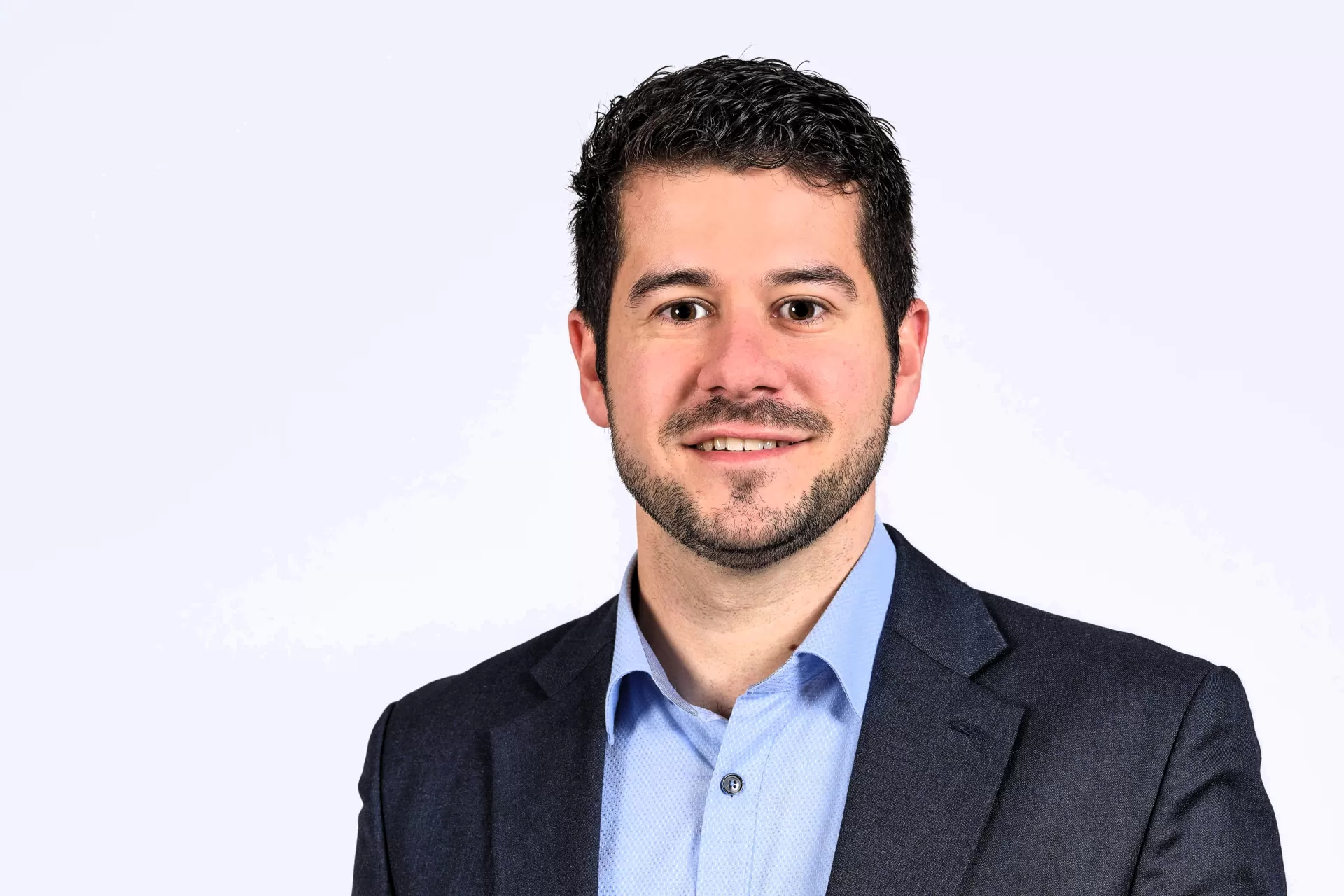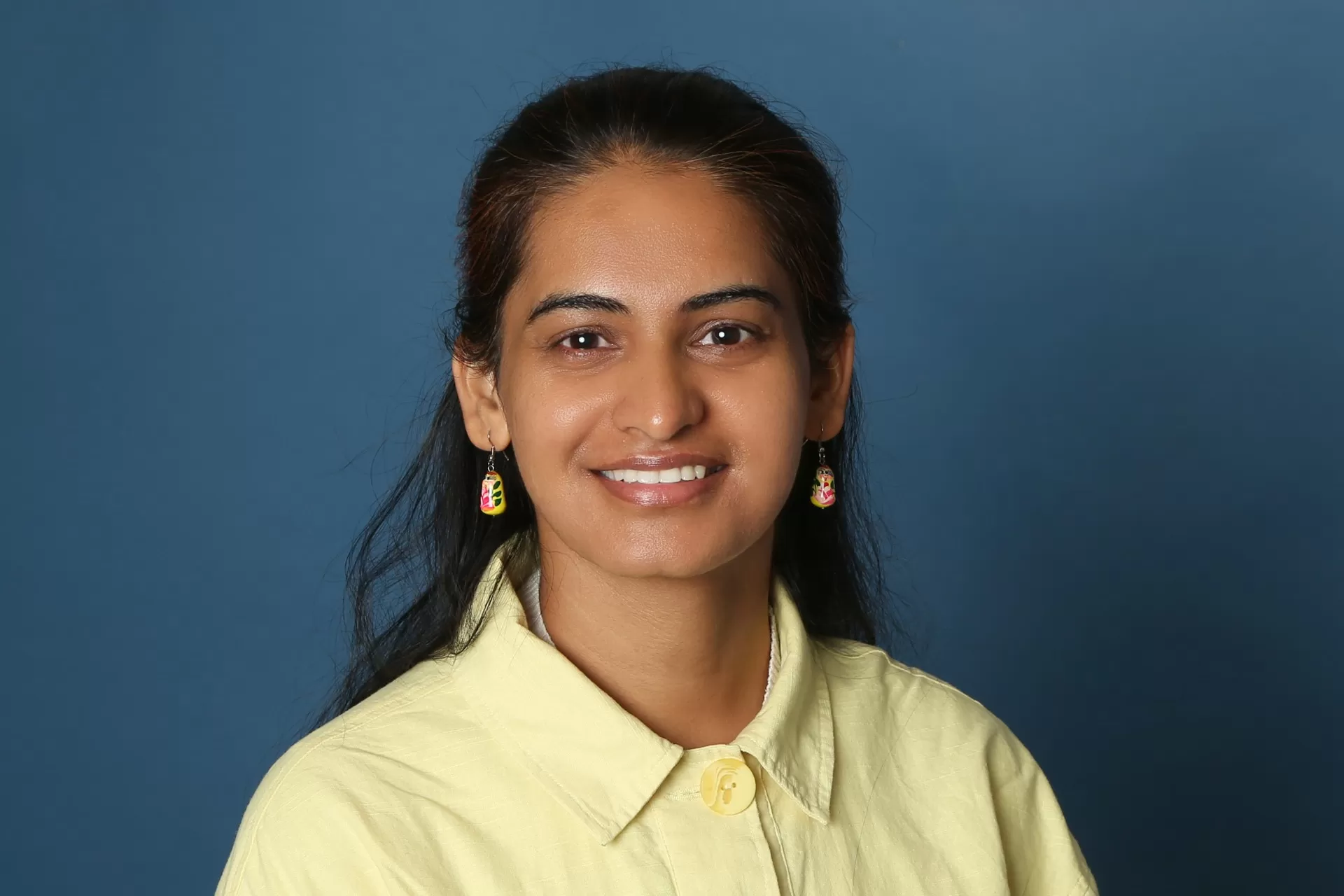
Driving value with better software and technological innovations
Wübben Stiftung Wissenschaft is providing €1.2 million to fund two more international appointments at German universities. Computer scientist Pooja Rani is transferring from the University of Zurich to Mannheim. There, she will be researching ways to make software systems more understandable, sustainable, and user-friendly. Behavioral scientist and technology expert David Finken investigates how immersive technologies and artificial intelligence influence consumers’ and managers’ decision-making behavior. He is moving to the School of Management at the Technical University of Munich (TUM) from ETH Zurich.
“With our funding, we are making it possible for German universities to appoint two young academics with an international track record, strengthening Germany’s standing as a science and research hub in fields that are important for the future,” says Marion Müller, a member of Wübben Stiftung Wissenschaft’s Management Board.
Creating value through technological innovation
David Finken will be taking up the new Tenure Track Professorship for Marketing & Technology at TUM in December 2025. The position is interdisciplinary in nature, combining insights from social psychology and organizational science with practical applications. The aim is to offer concrete recommended courses of action to decision-makers and to show them how they can leverage innovations with immersive technologies and AI. David Finken’s academic career includes positions at prestigious institutions in the United States, South Korea, Switzerland, and France. In addition, he brings extensive industry experience and participates in projects that promote knowledge transfer between academia, business, and society. Finken has received multiple awards from renowned institutions for his dissertation and subsequent research work.
“The transformation driven by digital technologies will leave no sector of the economy untouched," says Christoph Kaserer, Dean of the TUM School of Management. “To be able to shape this change effectively, we must understand not only the technologies but also how people behave around them. Through its funding, Wübben Stiftung Wissenschaft enables universities to attract the best scientists for this research and plays a major role in the success of digital transformation. We are grateful to the WSW for placing such a high level of trust in our university.”
Developing software with and for people
Pooja Rani designs tools and methods to improve the quality and efficiency of software source code, with a focus on energy performance and maintainability. Her research is highly relevant for fields such as healthcare, scientific computing, and cyber-physical systems like driver assistance technologies. She combines software engineering techniques with artificial intelligence (AI) and natural language processing (NLP) to automate complex software development tasks such as writing, evaluating, and maintaining software systems more efficiently. Her goal is to develop AI models and assistant systems that reduce developers' workload and improve software reliability.
Beyond automation, she also investigates the human side of software development. She studies how social, technical, cognitive, and organizational factors shape developers’ thinking and behavior and, consequently, how software is created and maintained. To achieve this, she uses empirical methods, such as surveys, interviews, eye-tracking, and facial recognition tools to understand cognitive load and team dynamics. Her research promotes data-driven, human-centred practices that help diverse teams build high-quality, sustainable software.
Pooja Rani combines a strong scientific publication record with extensive industry experience. She will move from the University of Zurich to the University of Mannheim and take up the Professorship of Computer Science there on April 1, 2026. “We are delighted to have been able to appoint Pooja Rani, a high-profile academic who combines technical excellence with societal relevance,” says Claus Hertling, Dean of the University of Mannheim’s School of Business Informatics and Mathematics.
David Finken, Technische Universität München: Creating Value through Technological Innovation
Starting in December 2025, David Finken will establish the newly created tenure-track professorship for Marketing & Technology at TUM. The position is interdisciplinary in nature, combining insights from social psychology and organizational science with practical applications. The goal is to provide concrete recommendations for decision-makers and to demonstrate how innovations through immersive technologies and artificial intelligence can be harnessed profitably. David Finken’s academic career includes positions at prestigious institutions in the United States, South Korea, Switzerland, and France. In addition, he brings extensive industry experience and participates in projects that promote knowledge transfer between academia, business, and society. Finken has received multiple awards from renowned institutions for his dissertation and subsequent research work.
Pooja Rani, Universität Mannheim: Developing software with and for people
Pooja Rani designs tools and methods to improve the quality and efficiency of software source code, with a focus on energy performance and maintainability. Her research is highly relevant for fields such as healthcare, scientific computing, and cyber-physical systems like driver assistance technologies. She combines software engineering techniques with artificial intelligence (AI) and natural language processing (NLP) to automate complex software development tasks such as writing, evaluating, and maintaining software systems more efficiently. Her goal is to develop AI models and assistant systems that reduce developers' workload and improve software reliability. Beyond automation, she also investigates the human side of software development. Pooja Rani combines a strong scientific publication record with extensive industry experience. She will move from the University of Zurich to the University of Mannheim and take up the Professorship of Computer Science there on April 1, 2026.

